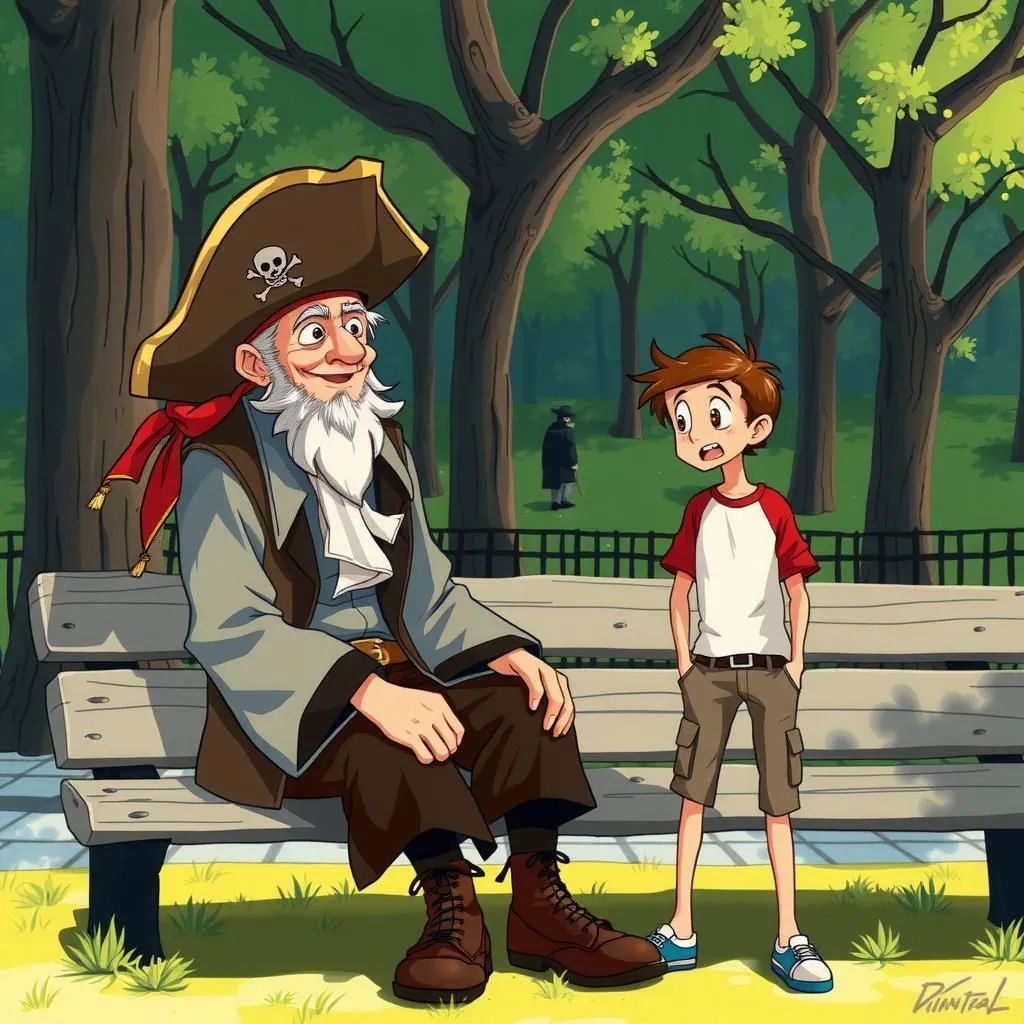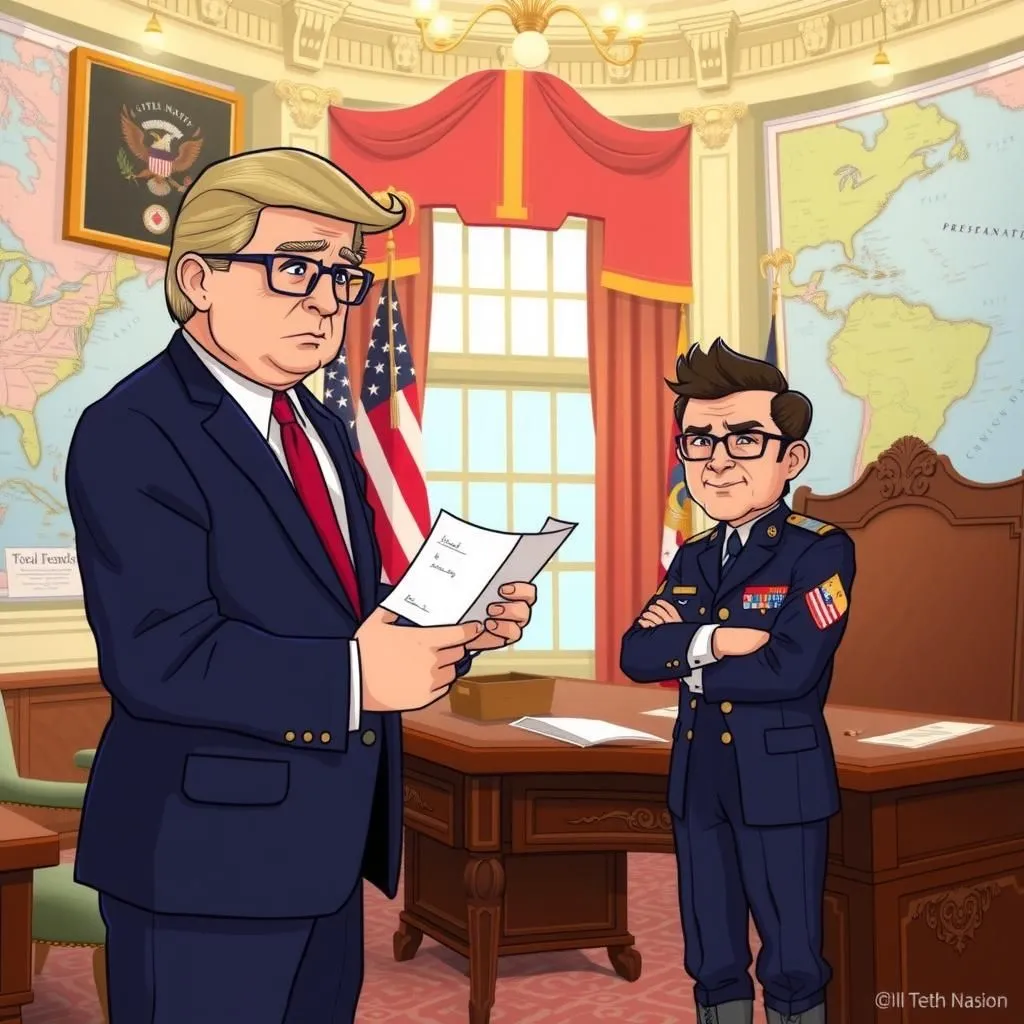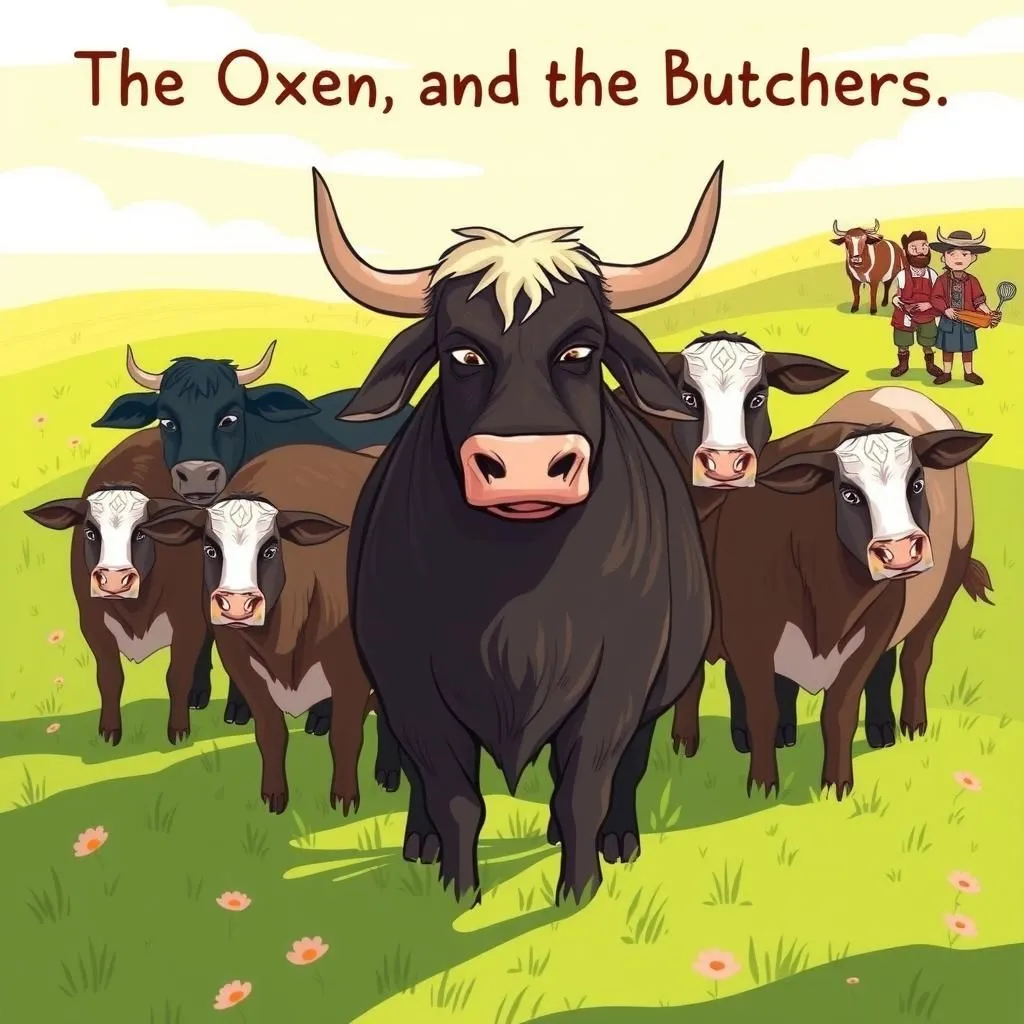
The Old Man and the Pupil
In "The Old Man and the Pupil," a seemingly wise old man engages a Sunday-school pupil with advice that masks his true identity as a pirate, revealing the stark contrast between appearance and reality. This life-changing story explores themes common in popular moral stories, highlighting how wisdom can be deceptive and the importance of discerning truth in life-lesson moral stories. Ultimately, the old man's contradictory existence serves as a cautionary tale in the realm of short story collections with moral teachings.


